
A Horse at Night by Amina Cain
‘It invites us to consider reading neither a chore nor a pleasure, but an essential part of a fulfilling life. It is an ideal corrective to slavishly tallying up the books we’ve read on Amazon-owned Goodreads.’

The Flying Shadow by John Llewelyn Rhys
‘Not just a nostalgic curiosity, but an important piece of the social history of Britain in the 1930s’


Trust by Hernan Diaz
‘Structured by the multiperspectivity for which Rashomon has become a byword, Trust poses as four separate manuscripts, each subverting the other in turn as they offer alternative versions of the same mesh of events.’
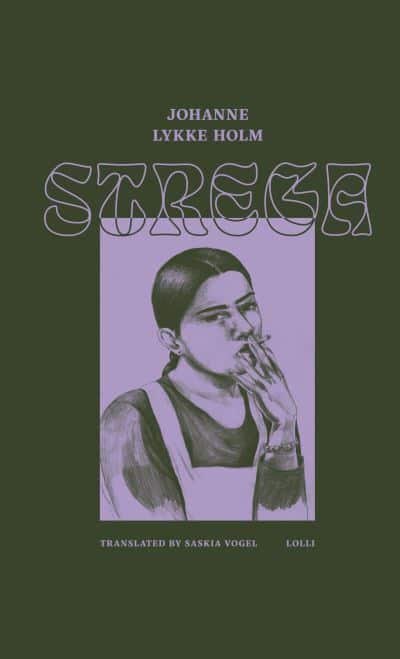
Strega by Johanne Lykke Holm (tr. Saskia Vogel)
‘Johanne Lykke Holm has created here a dizzying classic, full of bite and fear and sumptuous pleasures.’
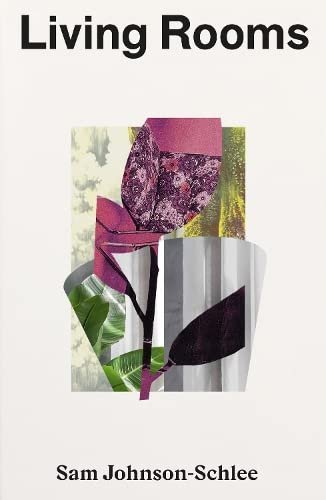
Living Rooms by Sam Johnson-Schlee
‘At the book’s end, Johnson-Schlee imagines a world where we could ‘take threads and draw lines between every interaction, every instant of collective joy, every borrowed utensil and every shared loaf’. Living Rooms, itself, performs this work: scrutinising our homes, looking closely at their fibres, and opening them out through their connections with the world.’

Final Judgments by Joan Fuster (tr. Mary Ann Newman)
‘Fuster’s observations surf the philosophical abyss, choosing an attitude of pragmatism and sensuality instead – and evident devotion to literature.’

The Consequences: Stories by Manuel Muñoz
‘This is a moving and intelligent collection that reminds us that love and kindness can look like many things: their consequences stretching far and wide.’

Body Kintsugi by Senka Marić (tr. Celia Hawkesworth)
‘This is a story about illness, yes, but also about recovery, and while kintsugi may feature only in its title, the concept is implicit on every page. Recovery is, in this novel at least, not a return to how things were before, but the taking of a scarred, bruised and fragmented body to display as something not quite whole, yet still entirely perfect.’
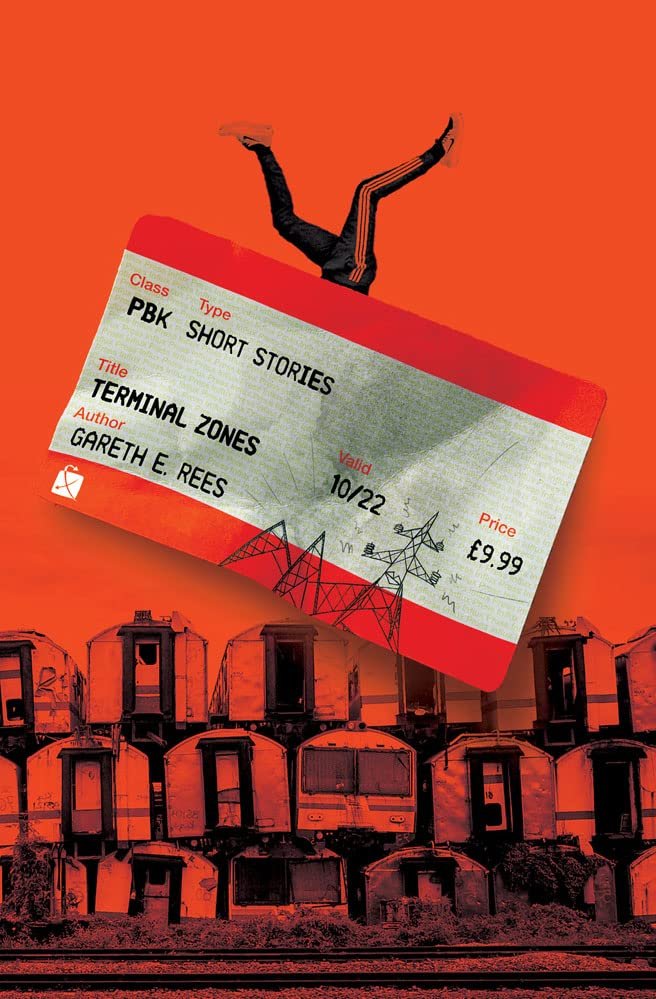
Terminal Zones by Gareth E. Rees
‘In pre-empting our ‘lost pasts’ Rees’s stories cling tightly to the present: with its bin days and its marshes and its pylons. We are, as Rees makes clear, irrevocably tangled in this world.’

A Helping Hand by Celia Dale
‘Dale’s genius, here, is in the cruelties, joys, transactions of ordinary life. She writes about the forms which must be filled in, the foods which must be digested, the people who must be taken care of, in order to survive another day. A worthy, and highly recommended, re-issue from a voice deserving of a new audience.’
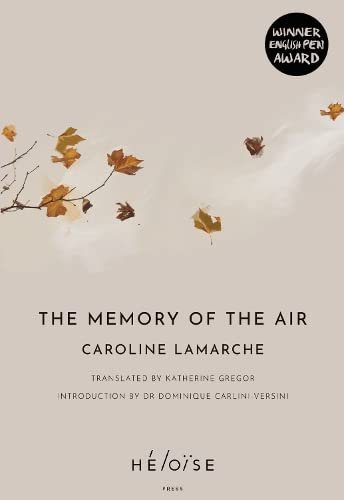
The Memory of the Air by Caroline Lamarche (tr. Katherine Gregor)
‘Like the best memoirists, Lamarche has a knack for self-interrogation that cuts to the quick, while always providing a counterweight of self-compassion. With rare aplomb, she has managed to distil a sweeping topic that is heavy with nuance and complexity into a few short pages.’

The Pachinko Parlour by Elisa Shua Dusapin (tr. Aneesa Abbas Higgins)
‘Aneesa Abbas Higgings masterfully mirrors the restlessness of the characters as they attempt to translate one another.’

Getting Lost by Annie Ernaux (tr. Alison L. Strayer)
‘Getting Lost is a must-read for anyone wishing to delve further into her work. Ernaux is a writer of rare calibre, a woman who writes with such honesty and, above all, humanity, as to render her work irresistible.’

Salt Crystals by Cristina Bendek (tr. Robin Myers)
“Instead, Bendek has written a story which opens out into ongoingness. Victoria’s story is one among many, in many languages, and many bodies, and these other ‘[h]istories peer out, just as valid as the official one.’”

Homesick by Jennifer Croft
‘Yet with quiet rigour and great artfulness, Homesick exudes a sense that the keen blade of trauma and loss is always – madly, desperately, if often silently between the lines – in pursuit of the intangible, and surviving that journey is a matter of constant translation.’
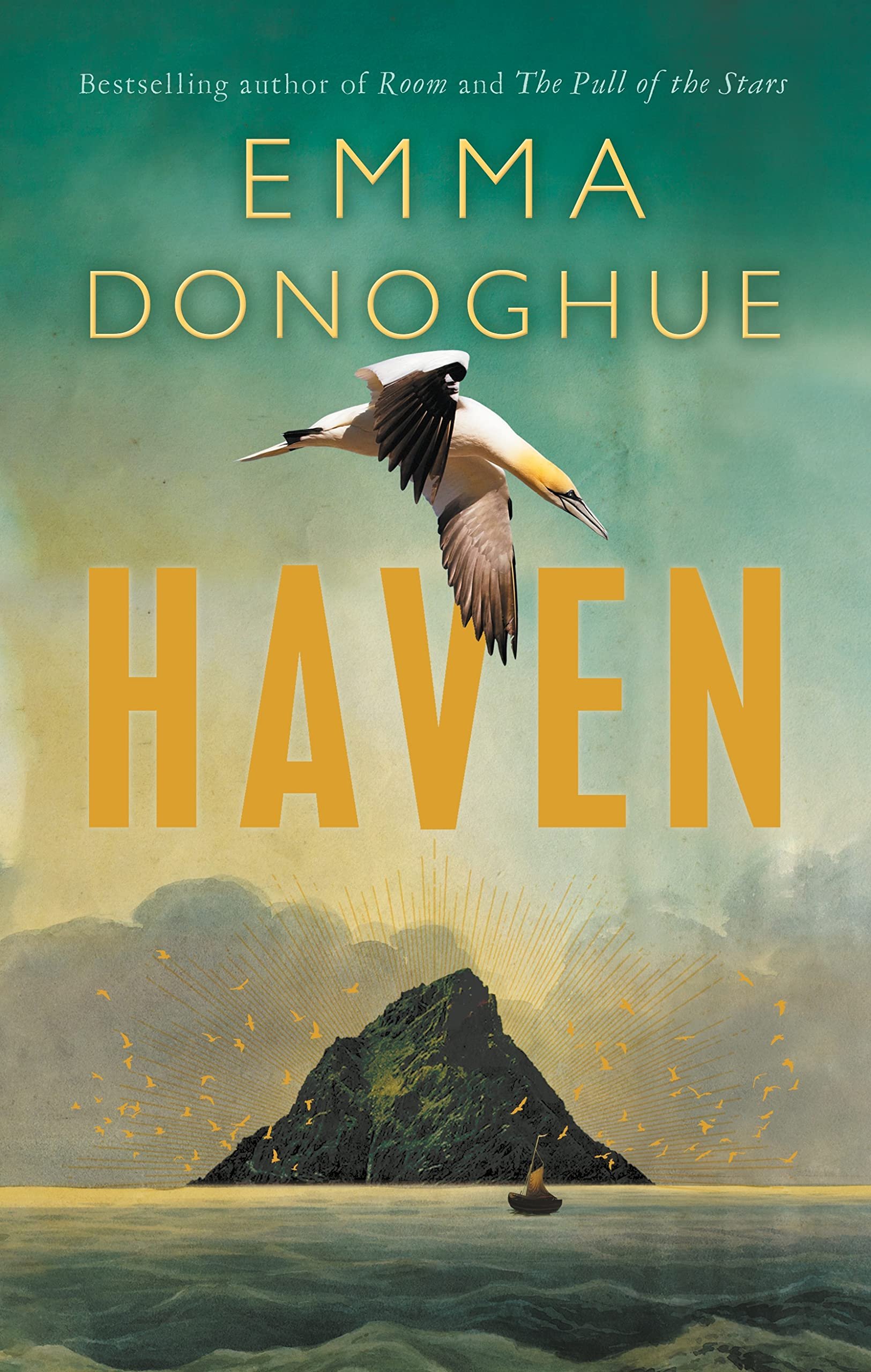
Haven by Emma Donoghue
‘If there is anything in common between Haven and Donoghue’s multi-million seller Room (2010), it is the exploration of how human beings respond to extraordinary circumstances: something she achieves by acute observation and attention to (poignant) detail. ‘

Wild Horses by Jordi Cussà (tr. Tiago Miller)
‘This is a novel that is so of its time, so accurate in its depiction of a Catalonian cultural snapshot, yet expansive in its emotional range. It’s so geographically, and psycho-geographically, specific.’
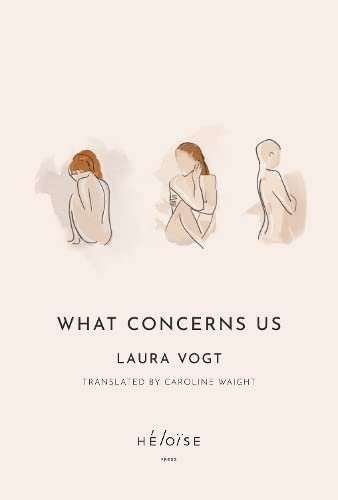
What Concerns Us by Laura Vogt (tr. Caroline Waight)
‘This exceptional second novel by the Swiss writer Laura Vogt offers a fraught examination of the trials of motherhood and daughterhood.’

ABÉCÉDAIRE by Sharon Kivland
‘ABÉCÉDAIRE rewards when met on its own terms: an immersion in the landscape rushing past, an attention to the crazy detail that both differentiates and connects it; an awareness at all times of the window which frames your view.’
